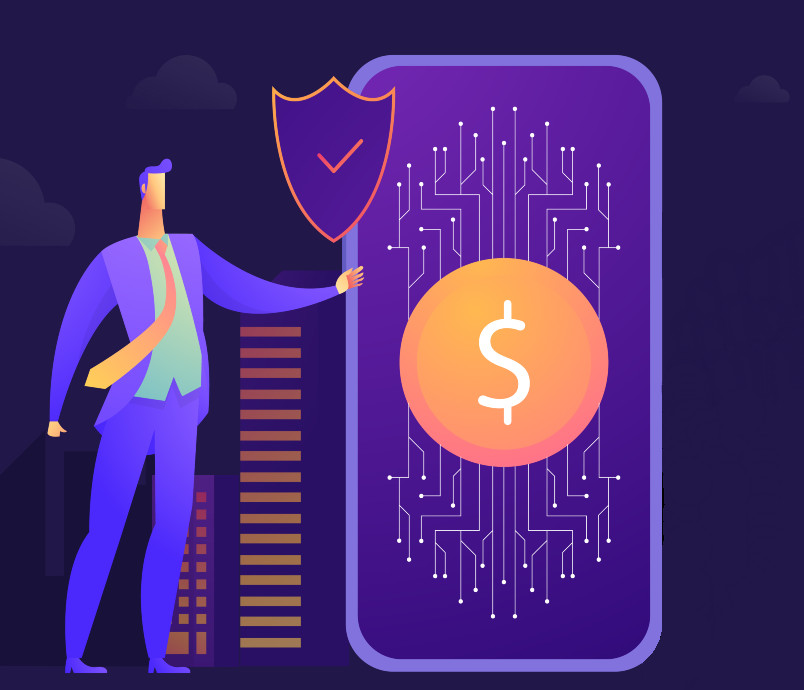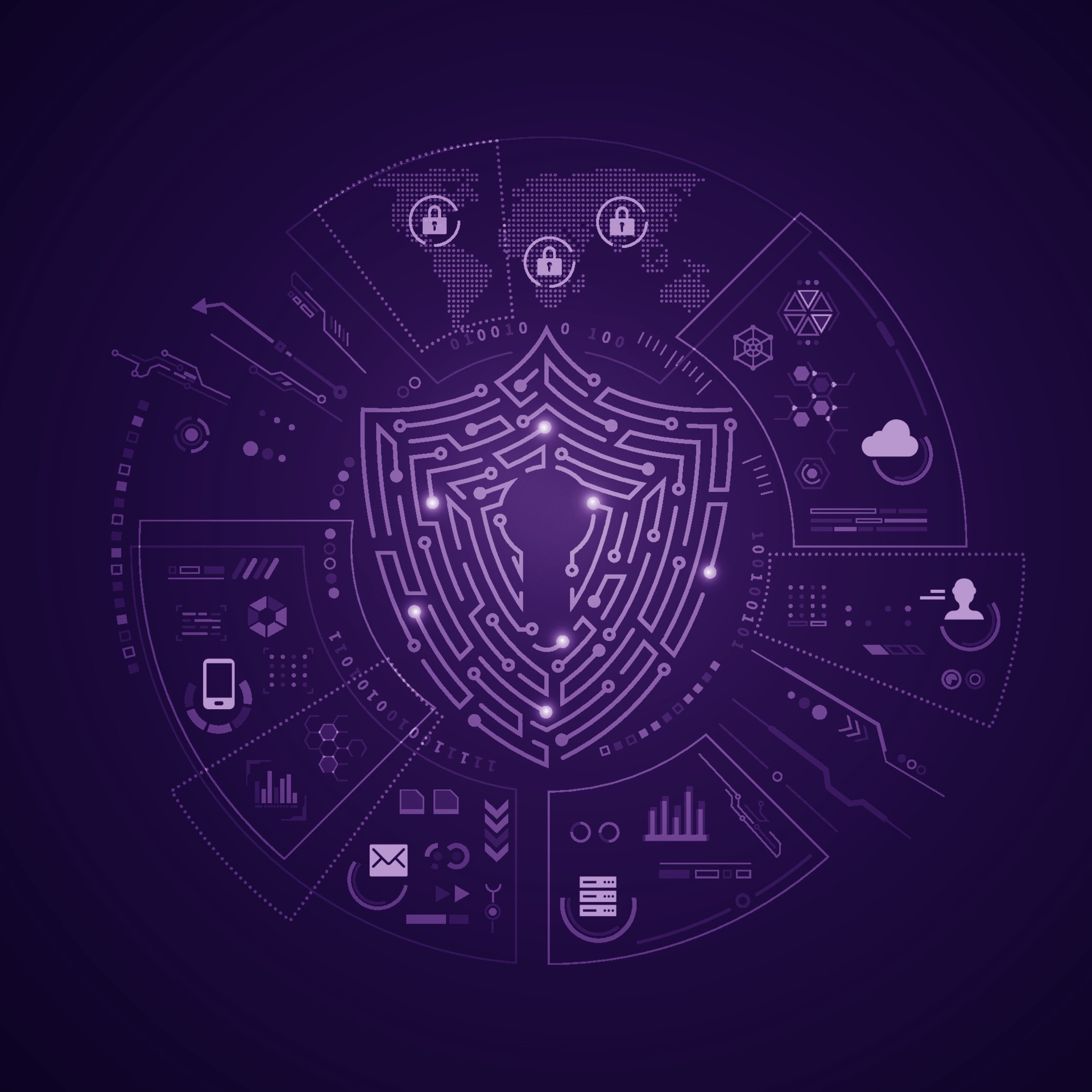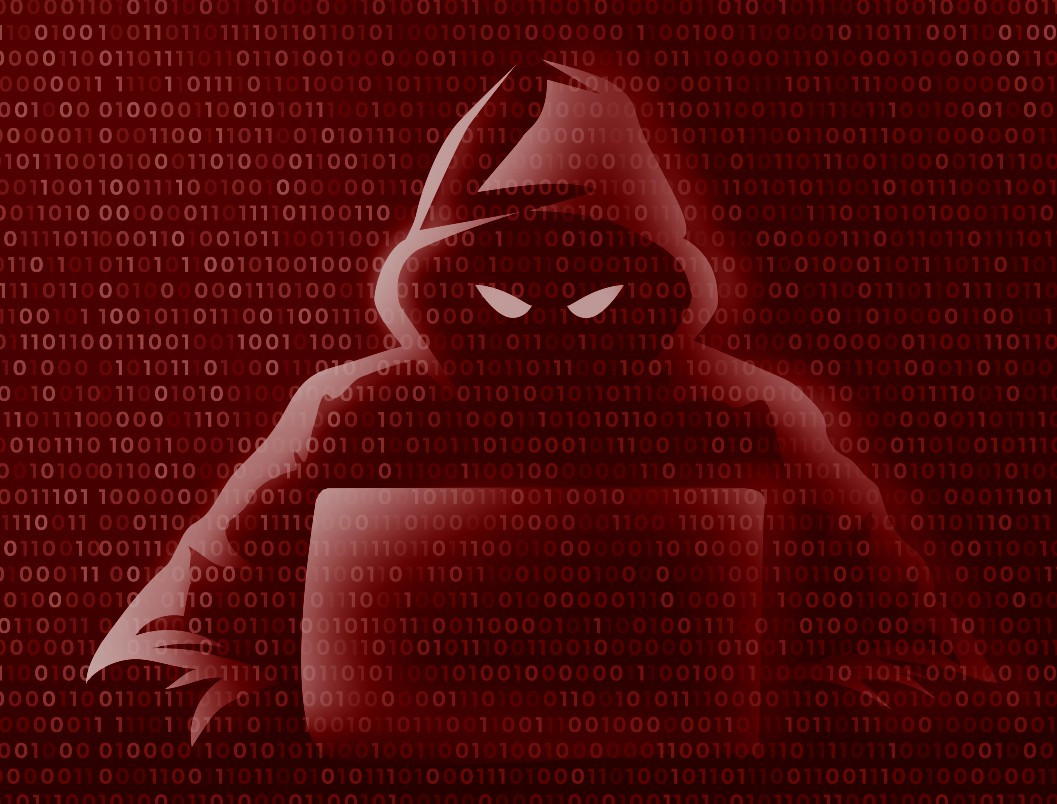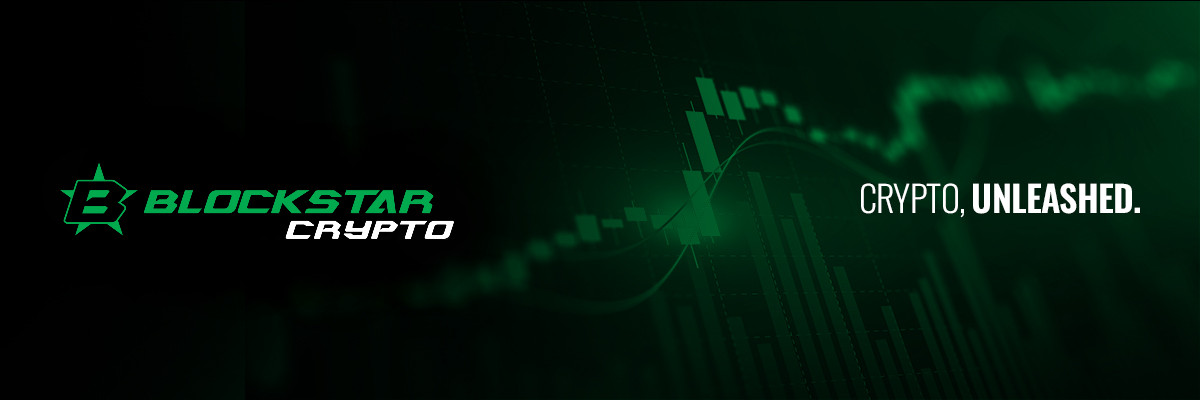Why Self-Custody is Important in Crypto
In the world of cryptocurrencies, self-custody has emerged as a crucial concept for individuals seeking to take full control of their digital assets. With the rise of decentralized finance (DeFi) and the increasing popularity of cryptocurrencies, it has become imperative for users to understand the significance of self-custody and the problems associated with centralized exchanges.
What is Self-Custody?
Self-custody, in simple terms, refers to the practice of holding and managing one's own digital assets without relying on third-party intermediaries. It involves the use of a self-custody wallet, also known as a non-custodial wallet or crypto wallet, which allows users to securely store, send, and receive their cryptocurrencies.
Security
With the explosion in popularity of self-custody crypto wallets, individuals are taking control of their digital assets like never before.
One of the primary reasons why self-custody is important is security. In the world of cryptocurrency, security is paramount. Centralized exchanges, which function as intermediaries between users and their assets, are frequent targets for hacking and security breaches. Numerous incidents have occurred where centralized exchanges have been compromised, resulting in the loss of millions of dollars’ worth of cryptocurrencies. By opting for self-custody, individuals can significantly reduce the risk of such incidents as they have full control over their private keys and funds.
Privacy
 Moreover, self-custody ensures privacy and anonymity. Centralized exchanges often require users to complete Know Your Customer (KYC) processes, which involve sharing personal information. Self-custody wallets allow those users that prioritize anonymity to maintain their privacy by eliminating the need for KYC procedures.
Moreover, self-custody ensures privacy and anonymity. Centralized exchanges often require users to complete Know Your Customer (KYC) processes, which involve sharing personal information. Self-custody wallets allow those users that prioritize anonymity to maintain their privacy by eliminating the need for KYC procedures.
In a world where our personal information is constantly at risk of being compromised, the ability to keep control over our financial transactions is more important than ever. Self-custody wallets provide users with the freedom to manage their own private keys, ensuring that no third party has access to their funds. This level of control safeguards against government and corporate surveillance or unwanted scrutiny. With self-custody wallets, users can transact with confidence, knowing that their financial activities are private and secure. By taking control of their own crypto assets, individuals can truly embrace the ethos of decentralization and protect their privacy in an increasingly digital world.
DeFi
Decentralized Finance (DeFi) has revolutionized the way we interact with our finances, and its integration with self-custody crypto wallets has opened a world of possibilities. Self-custody wallets empower individuals to have full control over their digital assets, ending the need for intermediaries like banks. As the world of DeFi takes hold, these wallets have become even more powerful, allowing users to seamlessly access and use a wide range of decentralized financial services. From lending and borrowing to yield farming and decentralized exchanges, DeFi protocols can be accessed directly through these self-custody wallets, providing users with unparalleled financial freedom and privacy. By leveraging smart contracts and blockchain technology, individuals can now earn passive income, participate in governance, and diversify their portfolios, all while maintaining complete control over their funds. The integration of DeFi into self-custody wallets not only enhances the security and autonomy of users but also democratizes access to financial services, leveling the playing field for individuals around the world. As the DeFi ecosystem continues to evolve, self-custody wallets will undoubtedly play a crucial role in shaping the future of finance, empowering individuals to truly be their own bank.
Disadvantages
Despite the advantages, it is important to acknowledge some of the challenges associated with it. One of the main concerns is the responsibility of safeguarding one's private keys. If a user loses their private keys or forgets their wallet passphrase, they may permanently lose access to their funds. Therefore, it is crucial for individuals to adopt proper security measures, such as backing up their private keys and storing them in secure locations.
The lack of a centralized authority means that there is no recourse in case of theft or fraudulent activities. Unlike custodial wallets, where a third-party provider takes on the responsibility of securing the assets, self-custody wallets require users to be extremely cautious and proactive in implementing robust security measures.
Additionally, having your own crypto wallet requires a certain level of technical knowledge and understanding of the cryptocurrency space. While user-friendly wallets have made considerable progress in simplifying the process, newcomers to the crypto world may still find it daunting to set up and manage a self-custody wallet. Without proper knowledge and understanding, users may inadvertently expose their private keys, making them vulnerable to hacks and phishing attacks. Education and awareness are key to ensuring individuals can confidently navigate the self-custody landscape.
Conclusion
In conclusion, self-custody is of utmost importance in the crypto space. It empowers individuals to have complete control over their digital assets, ensuring security, privacy, and the ability to take part in decentralized finance. Despite self-custody coming with its challenges, the benefits outweigh the risks associated with centralized exchanges. As the crypto industry continues to evolve, self-custody is likely to become even more essential for individuals looking to protect and manage their cryptocurrencies.








